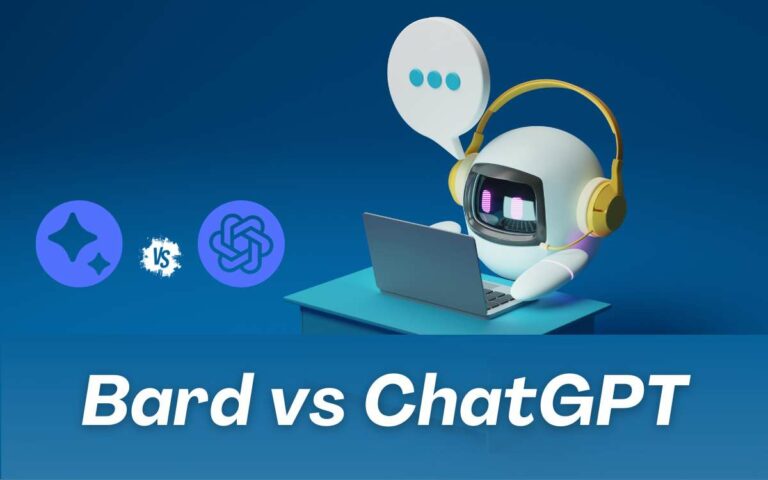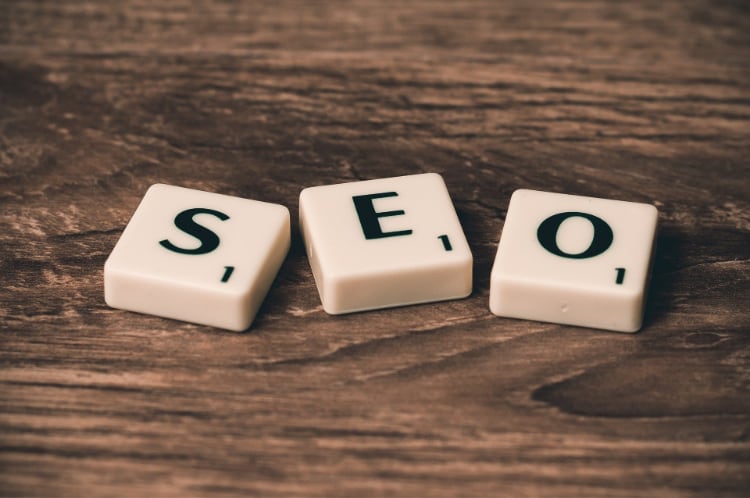Below is a transcript of this video.
So, I’m going to talk about the evergreen link building strategy. By evergreen, I mean a link building strategy that’s going to work for a long time. So, let’s start by talking about why links are important for rankings. So, whatever the search engine, it could be Google, it could be Yahoo or whatever, there are three things that any search engine has to consider when it is deciding how to rank your site. One is, what is on the website, the second is the behavior of visitors coming to the site, and then thirdly, the mentions of your site on the internet. Right now, mostly, this consists of links that are pointing to your site.
So, links that are coming to your site is one of the three components, and they’re one of the major components of what any search engine has to consider when they’re determining how to rank your website. So, let’s talk about the key to an evergreen link building strategy, right? So, search engines want to rank websites that add value to users that are searching, right, because search engines are a business, and they make money, or they add value based on providing good search results for their users. Then, the assumption is that a website that adds value will naturally attract links because it will be a natural reference to other websites on the internet. So, search engines are trying to become better and better at identifying and rewarding websites that have a natural link profile that builds links in a natural manner. So, the key to an evergreen link building strategy is to have a link profile, to have links that are coming to the site that are natural, that look natural.
So, what does a evergreen link profile look like? So, there are two components. One is the site that we get the link from should make sense, and then secondly, that traits or characteristics of the link should fit the target page. So, the site from which you get the link should be in a niche or should be on a topic that makes sense to the site for which you are getting the link. Then, secondly, the site should not exist mainly to sell links. There are more and more websites that are just coming up just to post articles and sell links. So, these are not the sites from which you should be getting links.
Then, thirdly, the SEO metrics of the site from which you are getting the links should be good, but the thing to keep in mind is that SEO metrics can be easily manipulated, so make sure that there’s a check done for this. So, this is an example of a website from which you should not get a link. So, for example, this website prominently displays write for us, so they want to promote people writing for their website and creating new articles and then getting links. Then, also, if we look at the different headings or different topics on the menu, they have tech, they have finance, they have health, so these topics are not congruent. They are here just so that they can get more articles written. So, this is not a site from which you should be getting links.
So, the second thing to consider is link traits or characteristics should fit the target page. So, is the target page a natural reference for the site from which you are getting a link? Now, to discuss this in more detail, I like to consider the types of pages on our website, divided into three categories. First, to have informational pages. So, these are pages that exist to add good informational value to visitors. So, for example, good research-based articles or blog articles on our website would fall into this category. Then, we have brand-related pages that are there to talk about the brand, talk about their companies. So, the About Us page is a good example. Then, you have sales pages. So, these are pages that exist to make a sale for anyone visiting that page. So, for example, the page is talking about the various services that are calls to actions are good examples.
So, now, if we talk about the quantity of links coming to pages, informational pages naturally can be referenced from lot of different websites. They have valuable information that can be referenced, and this is in contrast to brand or sales pages. So, these pages, in contrast, will not be a natural reference to a lot of websites, right? So, if we look at the quantity, there should be more links coming to informational pages as opposed to brand or sales pages.
Then, if we consider the power versus relevance, right, the sites that are going to reference the sales pages or brand-related pages should be really relevant to your website, to the topic, to your niche, right. As opposed to informational pages, these can be referenced even from websites that are not in our niche, right? So, when we talk about relevance, the links that are coming to the brand and sales pages should be very relevant, whereas to the links coming to the informational pages can be less relevant. So, when we talk about power, right, more powerful links can come to informational pages because informational pages can be referenced from a lot of different pages, so the chances of you getting a more powerful link are higher.
The other thing to consider is the anchor text. So, the anchor text is the clickable part of a link, right? I like to consider anchor texts into two broad categories in this particular context. So, we have the brand, URL, general anchor text as opposed to keyword anchor text. So, if we’ll consider the anchor text profile for Amazon.com, the Amazon is a brand-related anchor text. Then, amazon.com is a URL anchor text, and then here, I’ll click here, is a general anchor text as opposed to keyword anchor text, which is something like Kindle, right?
So, if we’ll consider the type of pages in the context of anchor text, brand and sales pages are going to be referenced in light of that company, in light of your brand, right? So, these pages tend to get more brand or general anchor text. In contrast, when we are referencing the informational pages, these pages are going to be referenced targeting specific pieces of information on that page. So, these pages are more likely to get keyword anchor text, right? So, those are the criteria that need to be considered. We’re not talking about the link trait or link characteristics of the target page.
So, in summary, we talked about why links are important because they are one of the three key characteristics that any search engine has to consider when determining the rank of your website. Then, we talked about a link building strategy that will work for a long time, which is basically a strategy where the links look natural. In future videos, I plan to go into more detail of each of the items in a evergreen link building strategy, but in the meantime, if you have any questions about how to build good links for your website, feel free to reach out to me.


